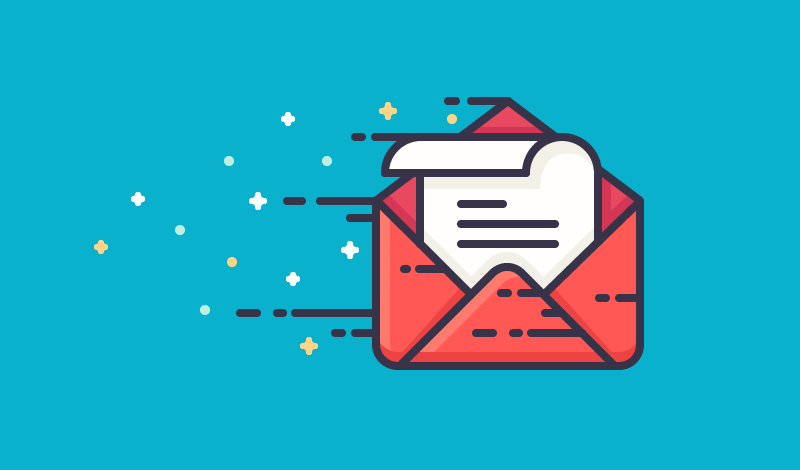Email has become very important for most people. Even a lot of sensitive data is nowadays handled over email. Unfortunately, almost everyone is receiving a lot of unwanted emails marketing useless products as well as fake emails trying to fool people to disclose passwords or install malware on their computers. Safe-guarding your email account has become very important. Here is a short article explaining how to protect your email account.
Keep your Mail account secret
First of all, try to keep your email account secret. It is virtually impossible to avoid spam but by not publishing your email account, the daily amount of spam can be kept to a minimum. Be aware that a lot of spammers are searching the Internet for email addresses, so never put your primary email account onto a web page. This also includes posts to social media, don’t put your email address into the post itself and don’t have it in your signature. If you want to sign up for freebies on the Internet, create a second email account and use it when signing up for lists. It is generally best to use one of the big web mail providers, such as
gmail or
yahoo, for such email accounts. They have good
spam filters which automatically forward suspicious emails into the spam folder.
Disposable E-Mail accounts are an awesome way to keep your real mail account secret and at teh same time you avoid spam mails in your real inbox. But we recommend you to only use such fake mail accounts on websites where you do not share personal information or other important data. Because most Temp Mail providers do not require any login credentials to get access to the disposable mail accounts.
Strong Password
Needless to say, you should always you strong passwords for your email accounts. Don’t be lazy, use long passwords, containing special characters and digits. You should also use unique passwords for your accounts. This includes accounts to social media, ebay and other web sites. Many programs let you save your login details but never save your passwords in the email clients or web browsers. If someone gets hold of your computer, they can access your accounts. Obviously, if you are using a shared PC for reading your emails, make sure not to save any account information, and erase any cached information. Better still, don’t use shared computer to access your emails.
Change your passwords
Also make sure to change your passwords regularly. Many
email programs still send login details, including passwords, unencrypted across the networks. This has never been a good idea, and in unsecured WiFi networks it is definitely not advisable to login on to email servers that don’t support encryption. Many places, such as hotels, bars and pubs, offer free WiFi access for their customers. But security is often poor, nothing prevents a hacker from running a sniffer program which collects login details. If you are sending login details, make sure that the connection from your laptop is encrypted. If you are using a web browser, this means you should use the
https protocol, rather than the standard http protocol. Fortunately, most of the popular Internet sites, such as yahoo and facebook are using the https protocol for
logins by default. Note that this is a problem also for smartphones, checking your emails on your smartphone using an unsecured WiFi network sends the login details across the network unencrypted.
Unfortunately, it is very easy to send faked emails. Most people get emails pretending to come from UPS, IRS, FBI, CitiBank, PayPal etc. Sometimes the emails include links that are supposed to be used to login and verify your account details. But the link does not go to the real web site, instead the hackers have set up a web site that looks the same as the real web site, for collecting the login details. Other emails contain attachments which are supposed to include important information. Instead, it contains malware. Never execute any files that you receive by email, unless you are 100% sure who sent you the email. You should use a virus scanner, they are not foolproof but they will recognize virtually all known threats.
You should backup your emails regularly. This protects you not only against hackers but also against hardware failures. Here you can learn more about how to back up your computer.

